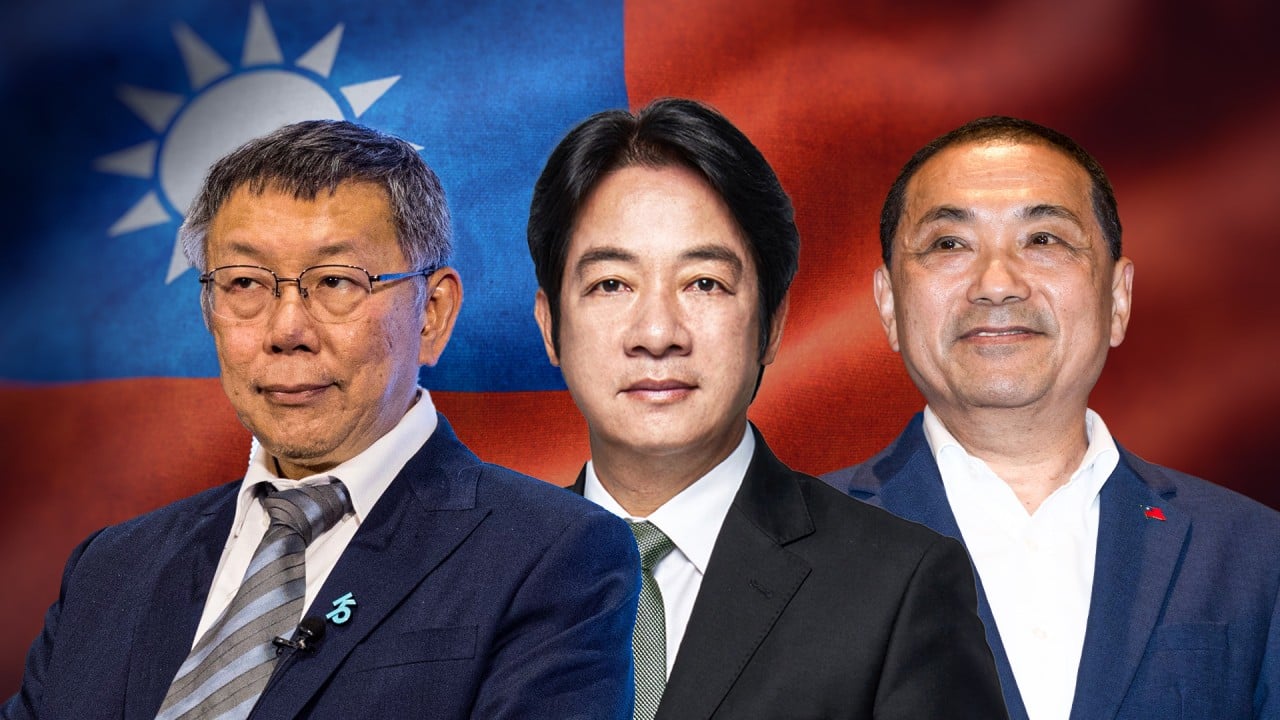Taiwan semiconductors: president-elect William Lai vows to ‘continue to assist’ sector
However, concerns about the safety of the global semiconductor supply chain with Taiwan as a key node have mounted in recent years, in line with frayed relations across the Taiwan Strait and tensions between Beijing and Washington – a key supporter of Taiwan.
TSMC founder Morris Chang’s major worry: US-China decoupling
Calling the Taiwanese industry “the world’s common asset”, Lai said Taiwan had a responsibility to ensure that the world could also benefit from its advantage in chip-making.
“The advancement of the industry is the result of division of labour around the world. Not only does Taiwan need to cherish its achievement, China and other countries must also cherish this industry.”
Lai’s victory on Saturday ensured an unprecedented third term in a row for the independence-leaning DPP.
Beijing – which sees Taiwan as a part of China, to be reunited by force if necessary – has described Lai as “an obstinate Taiwan independence worker” who would further promote the separatist cause if he came to power.
Most countries, including the US, do not recognise Taiwan as an independent state, but Washington is opposed to any attempt to take the self-governed island by force and is committed to supplying it with weapons.
Taiwan has also become caught up in the US-led tech war against Beijing, with chips and semiconductors front and centre in Washington’s strategy to contain Chinese hi-tech development.
US bans and export restrictions have cut off Huawei and other Chinese tech giants’ access to advanced chips from TSMC, which has been producing less advanced chips at its foundries in mainland China.
TSMC’s Arizona foray and expansions in Japan have fuelled worries about the hollowing-out of Taiwan’s core chip making industry, but both Tsai and Lai have dismissed such concerns.
